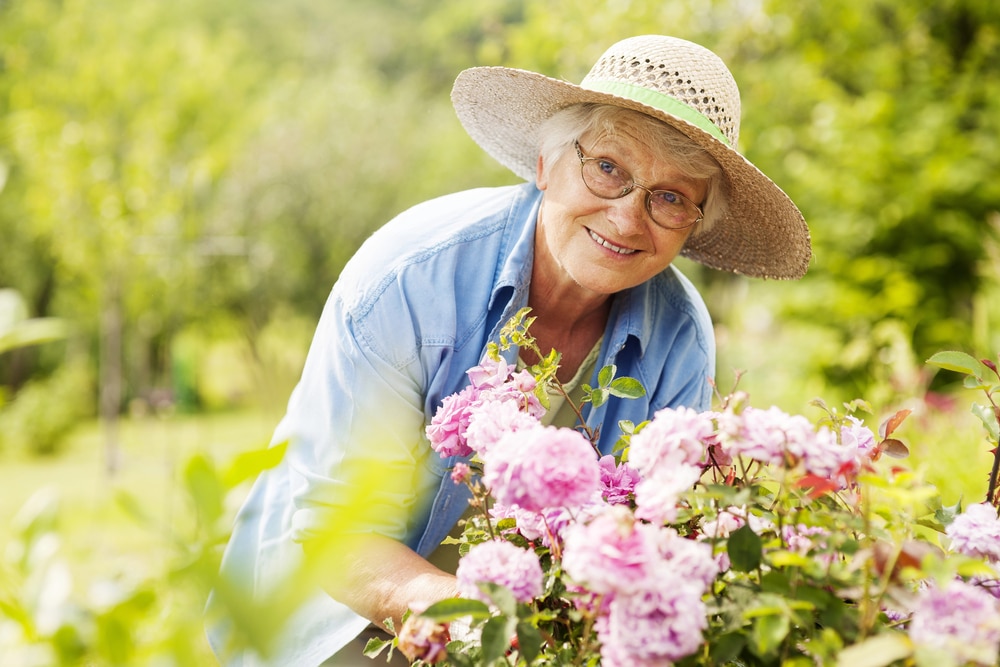Depression in adults can manifest at any age, with its signs and symptoms often intensifying in the elderly due to increased chronic conditions and diminished mobility or body functions. However, it’s crucial to understand that depression is not an inherent aspect of aging. Unfortunately, the Centers for Disease Control and Prevention (CDC) highlights that many depressed seniors go undiagnosed and undertreated, leaving a significant number to grapple with feelings of sadness and sleep disturbances related to depression.
For caregivers tending to seniors, addressing both diagnosed and undiagnosed depression requires a comprehensive approach. In addition to clinical treatments like prescription medications and psychotherapy, focusing on healthy socialization and life enrichment opportunities is vital.
Here are several ways to infuse positive moments into a senior’s day through life enrichment activities and events.
-
Focus on the Physical
Engaging in physical activities releases endorphins, the “feel-good” chemicals in the brain. Encouraging seniors to move around, whether through walking, stretching, or lifting light weights, can contribute to an improved mood. Since depression may make physical activity challenging, offering patient and kind encouragement is essential.
-
Add Some Music
Music has the power to influence mood and trigger memories. Incorporate music throughout the living space, from hallways and dining rooms to living areas and outings. Discussing music associated with happy memories or uplifting feelings can create a positive atmosphere. Research suggests that music can be particularly beneficial for seniors experiencing cognitive decline.
-
Get Outside
Fresh air can significantly impact mood, and even a short exposure to the outdoors can be effective. Plan events and programs in outdoor spaces like patios, front porches, or gardens to encourage seniors to enjoy nature. If weather conditions prevent outdoor activities, consider visits to botanical gardens or greenhouses for a touch of nature.
-
Choose Different Activity Times
Tailor activity schedules to accommodate the preferred times of individual seniors. Whether they feel more energetic in the morning or evening, offering a variety of events throughout the day increases the chances of participation. Customizing schedules based on each person’s optimal times enhances the impact of life enrichment activities.
-
Choose Gatherings of Appropriate Size
Consider individual preferences regarding socialization. While some seniors may thrive in large group gatherings, others may find them overwhelming or distracting. Opt for activities that suit different preferences, such as scrapbooking for introverts and dance classes or game clubs for those energized by socialization.
-
Take a Trip
Combat feelings of confinement by organizing life enrichment bus trips or visits to local attractions. Trips can be a source of anticipation and joy, offering seniors the opportunity to engage with the broader community or spend quality time with family.
-
Be Patient
Depression can make it challenging for seniors to engage in activities, accept invitations, or find pleasure in life. Consistent and gentle encouragement from caring staff members can build trust and foster relationships with residents. The persistence of invitations, even when declined, can lead to significant breakthroughs when a senior eventually attends a program.
Addressing depression in seniors involves a holistic approach, combining medical interventions with quality-of-life improvements and life enrichment opportunities. Encouraging aging loved ones to embrace such opportunities contributes to overall well-being.
Moreover, adopting healthy habits is crucial for aging well.
Here are five simple ways senior adults can live a healthier life:
-
Healthy Eating Matters
Consuming fresh, non-processed foods, such as fruits and vegetables, is essential for maintaining health. Moderation is key, and occasional indulgence in treats is acceptable.
-
Get Moving
Regular physical activity, even if it’s a simple walk or chair yoga, is crucial for overall health. Consult with a doctor to determine suitable activities and start gradually to avoid injuries.
-
Prioritize Sleep
Aim for seven to eight hours of sleep each night. Quality sleep is essential for the body’s restoration and overall well-being.
-
Socialize
Maintaining social connections positively impacts health. Spend time with family and friends, whether in person or through virtual means, to combat feelings of isolation.
-
Keep the Mind Sharp
Engage in activities that stimulate the mind, such as reading, writing, playing games, and solving puzzles. These activities contribute to preserving cognitive function and memory.
For seniors, participating in life enrichment programs can enhance their quality of life. Some common examples include socialization programs, artistic expression programs, and excitement and stimulation programs.
As a caregiver or family member, enriching the life of an elderly person involves providing access to diverse activities, including trips, creative classes, and opportunities for lifelong learning. Encouraging physical activity, caring for pets and plants, and establishing daily routines that promote autonomy can contribute to an enriched and fulfilling life.
Promoting the well-being of seniors encompasses physical, mental, and social aspects, and incorporating life enrichment activities into their routines can significantly enhance their overall quality of life. We’d love to talk with you more. Contact us.

